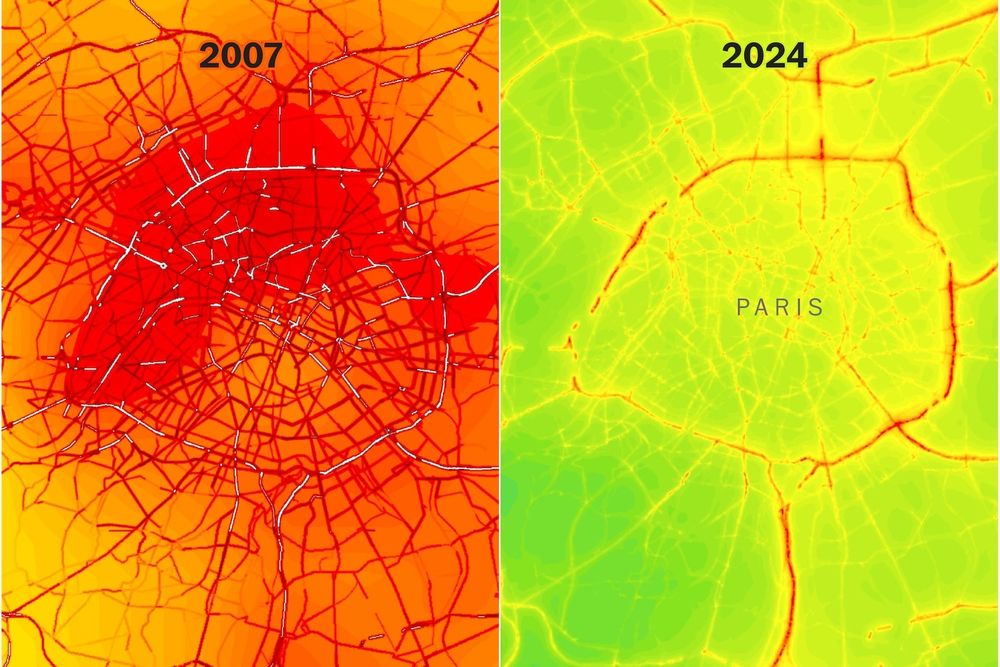Muriel Niederle
Reposted by: Muriel Niederle, Richard S.J. Tol, Olivier Klein , and 12 more Muriel Niederle, Richard S.J. Tol, Olivier Klein, Scott L. Greer, Hugo Mercier, Mauricio Romero, Stephen D. Murphy, Keith Lilley, Calvin Jones, Jonathan Harris, Georg Weizsäcker, Meredith Farkas, Rebecca Zorach, Carlos Moreno, Renaud Morieux
Part of the payoff has been invisible — in the air itself.”
Leadership, strategy, real action, common sense. #Paris



marginalrevolution.com/marginalrevo...



Reposted by: Muriel Niederle
Die Präsidentschaftskanzlei hat die Flagge der Republik auf halbmast gesetzt.


by Justin Wolfers — Reposted by: Muriel Niederle
You'll discover a smattering of 99 year olds, a few 100 year olds, a couple of 101 year olds, and a pileup of 150 year olds, but no-one in their 130s or 140s. That's a clear sign you've discovered a coding issue rather than fraud

Reposted by: Muriel Niederle


Reposted by: Muriel Niederle
marketdesigner.blogspot.com/2025/01/davi...


Reposted by: Muriel Niederle, Sherri Rose, Siddharth Barman
